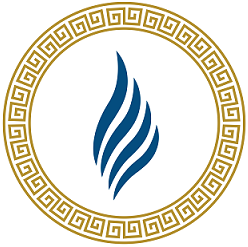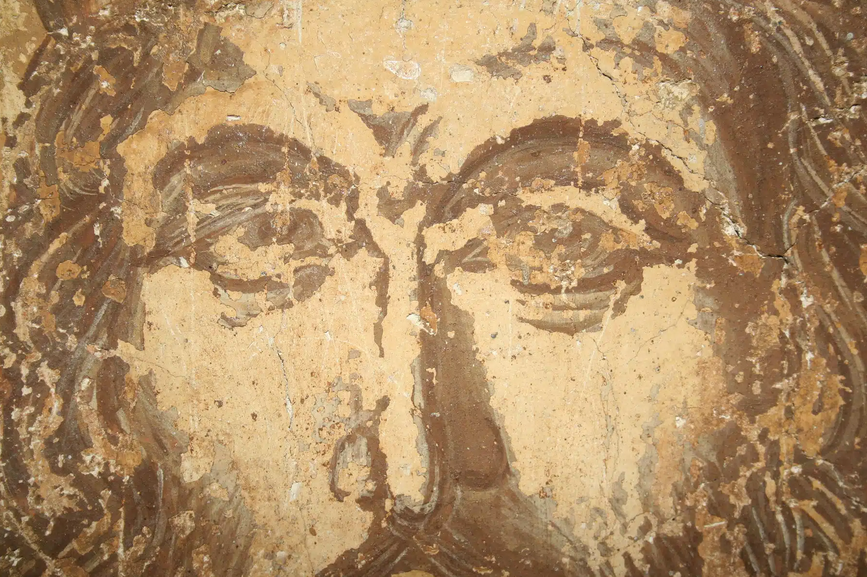What are the characteristics of an "ideal man" or superman according to Aristotle?
The Ideal Man According to Aristotle: The Magnanimous One
Aristotle, the renowned Greek philosopher, presents a profound exploration of human character and virtues in his works. Among these, his depiction of the "ideal man," also referred to as "the magnanimous one," stands out as an inspiring archetype of greatness. This magnanimous individual is not a simple philosopher lost in theoretical musings but a figure of practical wisdom, dignity, and virtue.
1. Courage and Purpose
The magnanimous man does not put himself in danger for trivial reasons. To him, only a few things hold true value, and thus he weighs the risks he takes with discernment. However, for a noble and significant purpose, he does not hesitate to face danger, even at the cost of his life. His conviction that life is not worth preserving at any price underscores his commitment to higher ideals.
2. Generosity and Humility
He finds joy in giving and offering but feels a sense of shame in profiting from others. This is because generosity signifies superiority, whereas benefiting from others’ kindness implies dependency or inferiority. His acts of giving are not transactional but stem from a place of abundance and virtue.
3. Independence and Integrity
Unlike those who compete for fame and recognition, the magnanimous man is above the petty rivalries of ambition. He neither seeks to outshine others nor places himself where others hold power for mere vanity. His self-worth is rooted in his intrinsic virtues, not external validation.
4. Honesty in Emotions
He is forthright in expressing love and hatred. To conceal one’s true feelings, Aristotle argues, is a mark of cowardice. Such openness reflects his courage and honesty—qualities that guide his interactions with the world.
5. Self-Reliance and Moderation
The magnanimous man does not allow his life to revolve around others unless they are true friends. Dependence on others for validation or purpose is, to him, a sign of servility. Instead, he cherishes his autonomy and ensures that his actions align with his values.
6. Detachment and Forgiveness
Rarely does he admire anything, for he considers nothing truly great when measured against his lofty standards. Similarly, he harbors no resentment, as recalling past injustices contradicts the generosity and nobility of his spirit. Forgiveness and detachment are natural outcomes of his magnanimity.
7. Measured Speech and Actions
His demeanor exudes calm and deliberation. He does not rush, raise his voice, or engage in petty disputes because he takes few things seriously. In matters that are unavoidable or insignificant, he does not protest or seek assistance, as he reserves his energy for matters of true importance.
8. Dignity in Adversity
In the face of misfortune, the magnanimous man demonstrates unwavering dignity. He adapts to circumstances with resourcefulness, much like a capable general using the tools at hand to achieve the best possible outcome. His resilience is rooted in his understanding that external events do not define his worth or purpose.
9. Avoidance of Gossip
When speaking, he avoids discussing himself or others. He neither seeks praise nor indulges in slander, even when provoked. This restraint stems from his disdain for superficial judgments and his preference for actions over words.
10. Reserve in Small Matters
In trivial or insignificant matters, the magnanimous man does not protest or ask for help. Only those who take such matters seriously would behave in such a way, and he reserves his efforts for higher purposes.
11. Graceful Solitude
Finally, the magnanimous man is his own best friend. He values solitude, not out of misanthropy, but because he enjoys his own company. In contrast, those lacking virtue and ability often dread solitude, as they are plagued by their own inadequacies. For the ideal man, solitude is a space for reflection, growth, and serenity.
12. Aristotle’s Superman
This vision of the magnanimous man, often likened to Aristotle’s "superman," offers a timeless blueprint for personal excellence. He is courageous, generous, independent, and dignified. His life is a testament to the virtues of self-reliance, moderation, and resilience. By striving toward these ideals, individuals can elevate themselves and contribute meaningfully to the world around them.
Aristotle’s Superman
This vision of the magnanimous man, often likened to Aristotle’s "superman," offers a timeless blueprint for personal excellence. He is courageous, generous, independent, and dignified. His life is a testament to the virtues of self-reliance, moderation, and resilience. By striving toward these ideals, individuals can elevate themselves and contribute meaningfully to the world around them.









